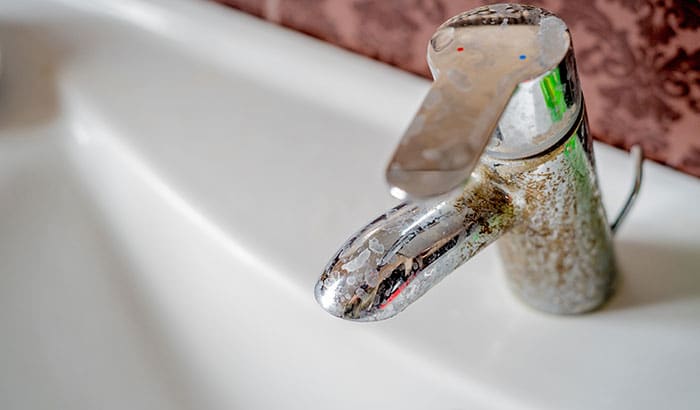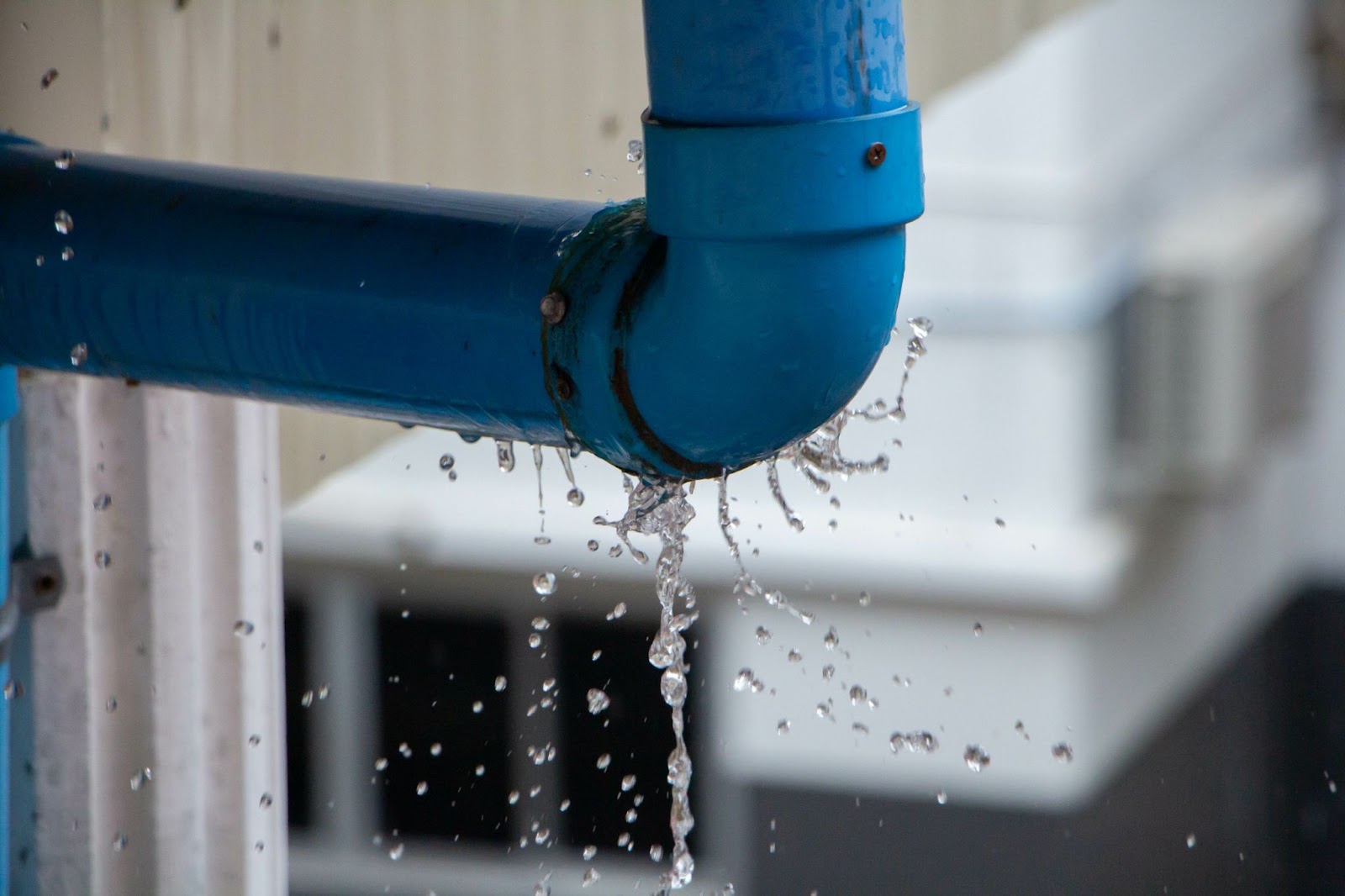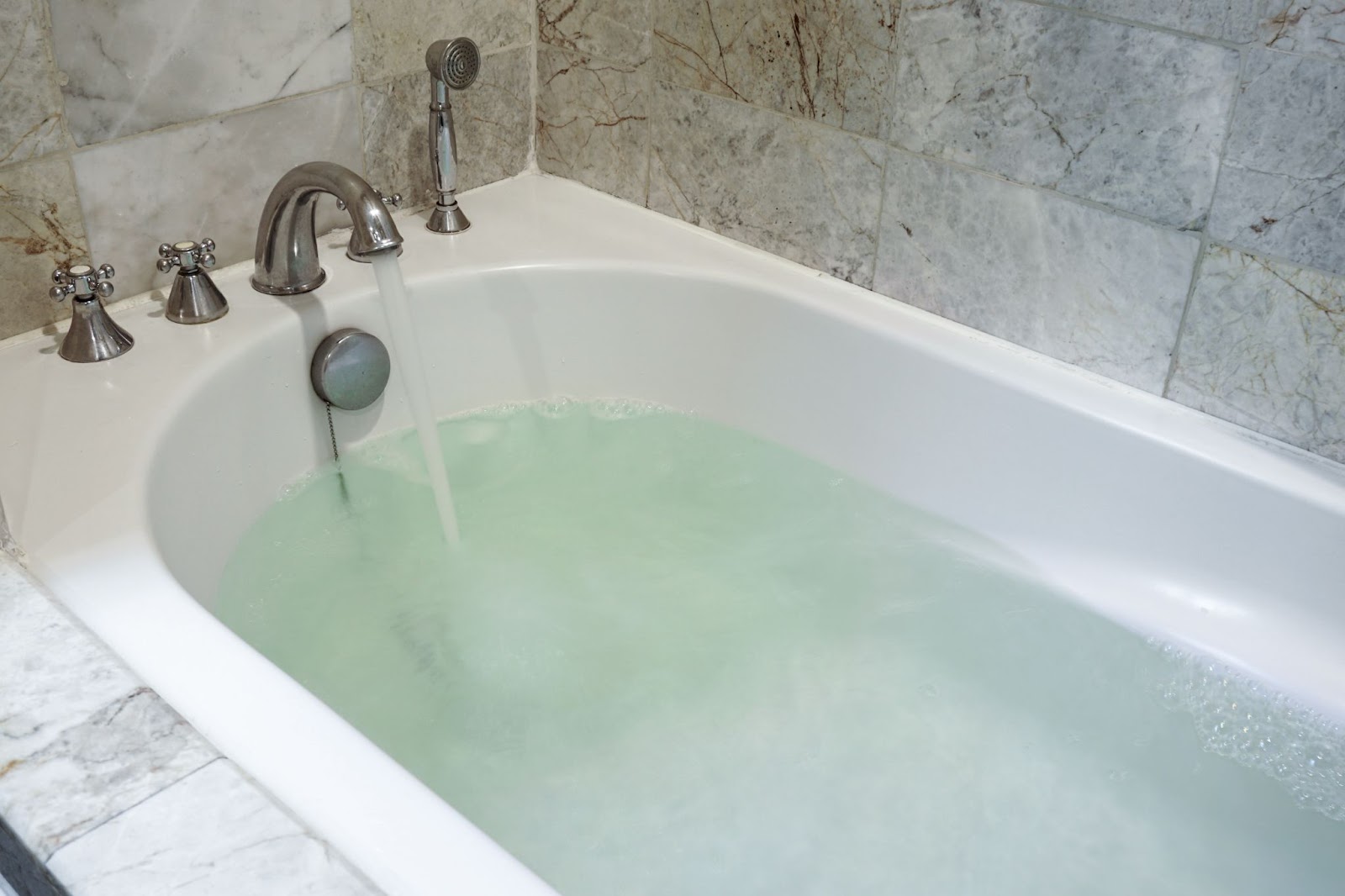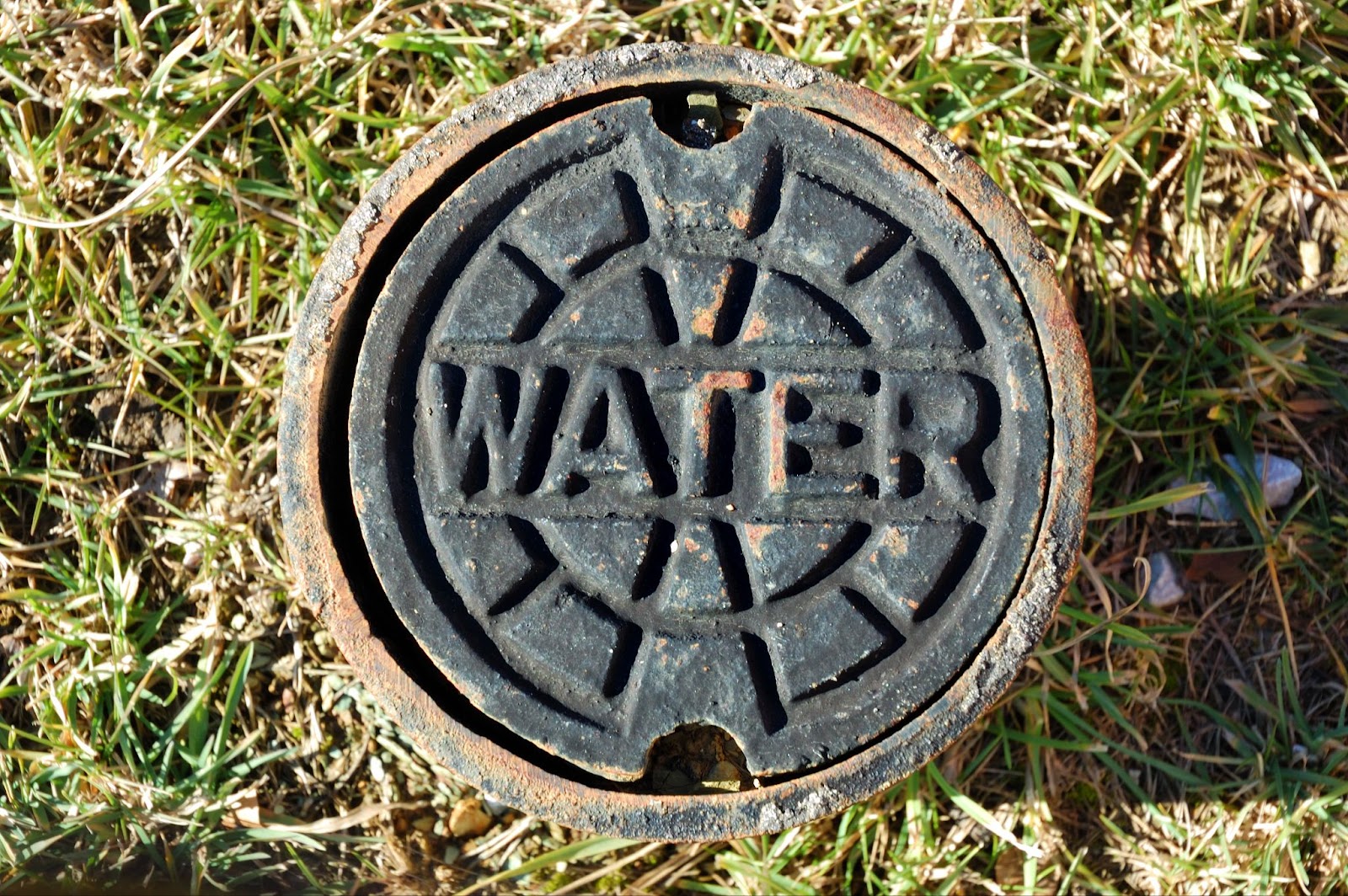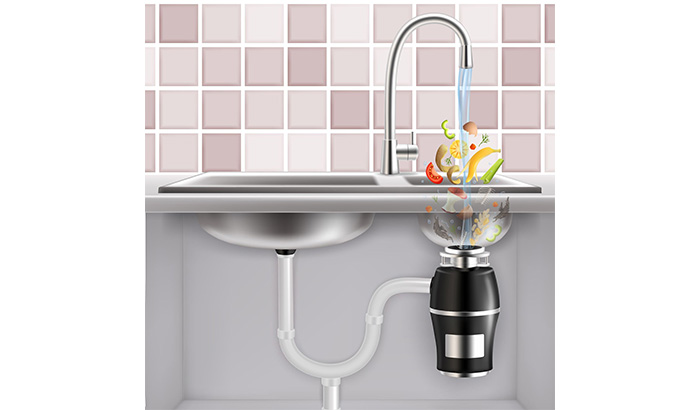If you live in areas with hard water, you’ll likely experience issues in your plumbing due to calcium buildup from minerals in the water.
Calcium is not the only culprit in hard water that can erode your pipes and cause significant problems. Minerals such as iron, brass, magnesium, and copper are also sneaky destroyers to your plumbing.
Many of these minerals travel through soil near your home and travel by groundwater. There is good and bad news. The good news is that these minerals are not dangerous when consumed. The bad news is that the effects of hard water on your plumbing can be detrimental.
What negative impacts can you expect from minerals on copper, PVC pipes, and steel?
As the steel pipes reach the end of their lifespan, they slowly become clogged from the buildup of limescale from the minerals. However, this problem is not limited to steel. Copper and PVC pipes can also fall victim to this type of damage.
How to get rid of hard water and protect your water lines from potential damage:
Keeping your pipes free of buildup can be as simple as investing in a whole-house softener system. This will remove calcium, magnesium, and copper particles from your water. If hard water is left to its own devices, you will get buildup, possible damage caused by clogs, and a negative impact on your water pressure.
What are some of the signs of clogged pipes and hard water?
Low-Quality Drinking Water
Your drinking water can be negatively affected when pipes experience hard water buildup—the signs of this happening start with having low water pressure. You may notice small particles or debris in your sink, shower, or bathtub. These are collected in moving water and travel through the pipes.
If you see particles floating in your water, you could correct this by installing a water treatment system. If that doesn’t do the trick, you might need to install a new water line. The longer you wait, the more expensive the fix will become.
High Water Bills
Your plumbing can become clogged due to hard water buildup, leading to excess water, waste materials, and minerals trapped in the pipeline.
In addition, trapped particles can cause your pipes to crack, forcing the water to escape into other areas of your home before reaching the appropriate draining fixture. This is a sneaky waste of water, and your water bill will undoubtedly show it by increasing every month.
What About Chemical-Based Cleaning Solutions?
Although this solution is excellent for hair clogs, these products are not intended to remove hard water buildup. They can do more damage than good as they have a corroding effect on your pipes.
They are also not recommended for use in water lines that lead directly to a source of drinking water. In addition, chemicals that are not entirely flushed through the plumbing system can linger in the water, which is not safe for consumption.
Is it Possible to Remove Calcium Buildup in Pipes?
If the buildup is minor, you may be able to fix it by pouring white vinegar down the drain. However, this may take some time to disassemble magnesium and calcium buildup. If you choose this method, you will want to flush the pipes with hot water, and this will eliminate the odor of vinegar and the possibility of affecting the taste of drinking water.
You can also combine vinegar with baking soda, creating a bubbling effect (think grade school science fair volcanoes) that will be more effective than vinegar alone. If you have a small, long-handled brush, you can scrub your pipes to help dislodge the buildup inside the lines.
Removing Buildup from Shower Heads and Faucets
If your shower head or faucet has buildup from calcium, remove them and allow them to soak in hot water and a cleaning solution. This will make the caked-on calcium easier to scrub off and allow water to flow easily through the hardware.
The Best Ways to Prevent Mineral Buildup
Investing in PEX plastic pipes can help you avoid hard water damage altogether. Plastic is resistant to buildup caused by excess calcium, iron, copper, and magnesium. This is especially a good choice for those building a new home.
Another preventative measure would be installing a soft water system, which is especially great if you’re building a home. However, it can do wonders for existing pipes by keeping them free of harmful materials.
Other Than Plumbing, What Does Hard Water Effect?
- Your clothes – When you wash your clothes in hard water, you essentially allow the minerals to assault your wardrobe. It can make your clothes look dirty, dingy, and worn out. It can damage the fibers and cause your clothes to feel scratchy.
- Glass shower doors – Mineral deposits can become so bad that they can cause a chemical change that will damage the glass, leaving a permanent white-cloudy residue that’s nearly impossible to eliminate.
- Damage to appliances – Any appliance that uses water, like your dishwasher, coffee maker, washing machine, and ice machine, will be affected by hard water.
- Spotty dishes – Washing dishes with hard water can cause streaks and develop a cloudy film. The residue is hard to remove and will make your “clean” dishes look dirty.
- Lifeless hair – The minerals in hard water are not hair friendly. They can cause buildup that will make your hair look and feel dull. It can also cause your hair to become tangled easily.
- Skin irritation – Excessive amounts of minerals in your water can cause your skin to become dry and itchy.
The moral of this story is that hard water is the enemy when it comes to your plumbing. The best way to take care of your pipes is to leave them to professionals. Contact Salisbury Plumbing today and find out how we can help you with your plumbing problems.

